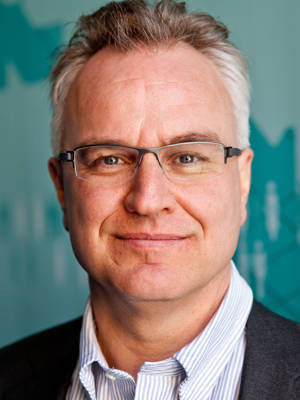This project explores policy formulation and transformation among four of the alliance partners engaged in Afghanistan post-2001, with a particular focus on the whole-of-government dimension. The project is part of the CMI-PRIO Afghanistan programme.
The diversity of international actors in Afghanistan has created serious challenges of coordination on a strategic political level as well as in a tactical sense. The diversity of interest and approaches is evident in all sectors of assistance – military, economic, and political – and in the relationship between them. In the case of aid policy, the line of difference lies in how funds are and should be channeled; e.g. to the Afghan government, coordinated with the latter or with other donors, or on individual case basis. Regarding statebuilding, several approaches have been taken, distinguished by letting institutions develop organically from the bottom-up or impose them from the top, whether the drive comes from inside or outside, and whether the objective is a democratic state or an effective cooperative state. Finally, the security dimension (and its integration with the civilian dimensions) is captured by the divergent practices of the countries’ Provincial Reconstruction Teams (PRT), and their nexus of compositions (personnel and leadership), types of projects and areas of operations.
This project will analyze the nature and sources of these divergent approaches among four states with a presence in Afghanistan: the United States, the United Kingdom, Germany, and Norway. By deconstructing policy differences in the areas of aid policy, statebuilding, and security, we can identify the underlying sources of divergence and each player’s rationale when developing its approach, which will be analytically distinguished at three levels: Afghan conditions on the ground; national factors in alliance country (tradition; political climate), and third-party relations (mainly to alliance partners). This allows us to assess what room is left for effective coordination or even for a truly unified policy. The analysis is particularly relevant at a time when changes in US policy and concurrent developments on the ground mark a new phase for NATO in Afghanistan.
The study is methodologically rooted in the field of public and foreign policy analysis, and primary sources for data will be in-depth interviews with Afghans, military, civilian and other policy-relevant stakeholders, as well as existing reports and documents. It is a joint project between the Chr. Michelsen Institute (CMI) and the Peace Research Institute Oslo (PRIO).
The project will publish for policy-makers, the general public, and for scholars. To disseminate and discuss the findings, seminars will be held in Oslo and Kabul as well as in Washington, DC. Funders are the Norwegian Ministry of Foreign Affairs (MFA), the Norwegian Peacebuilding Centre (NOREF), and the German Marshall Fund of the United States (GMF).








